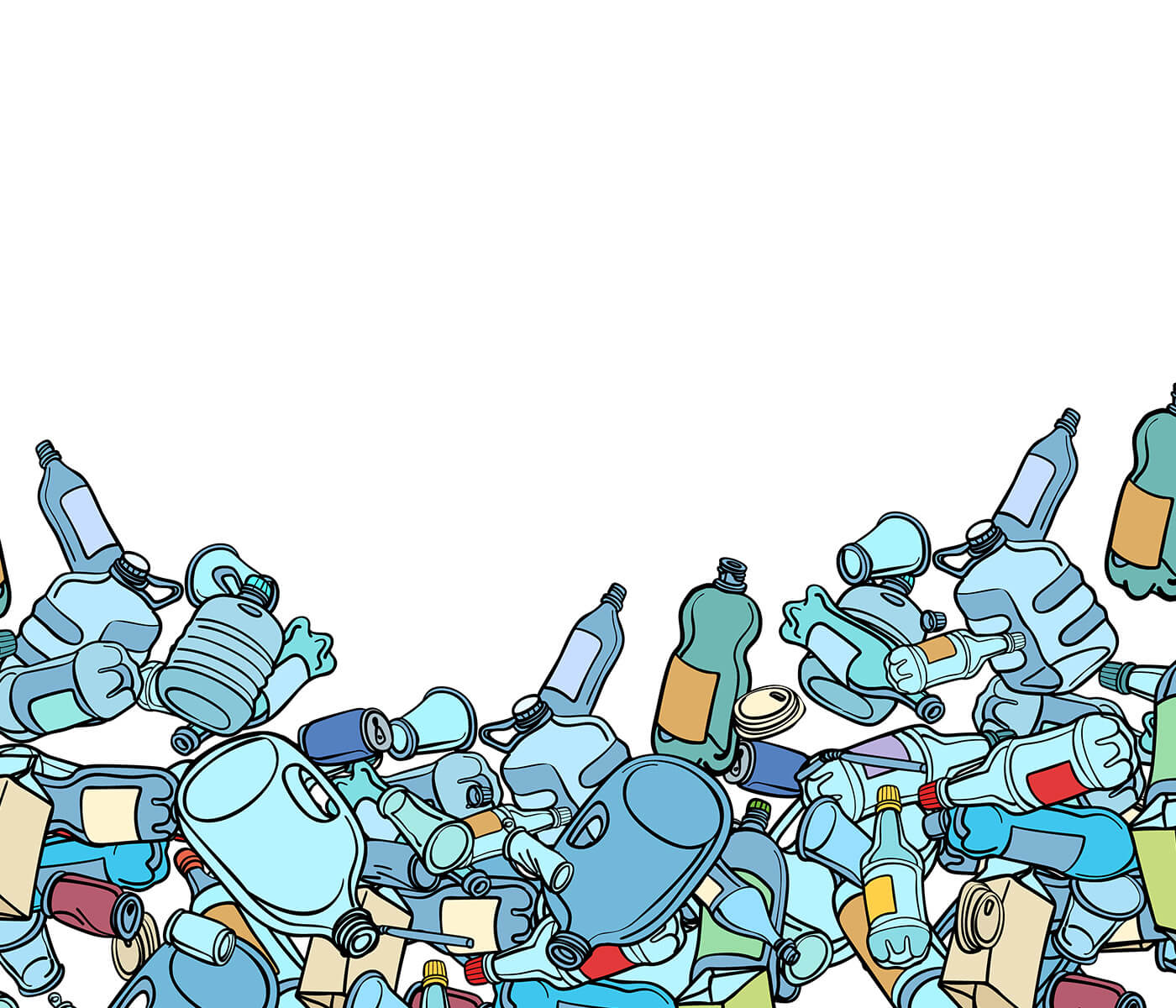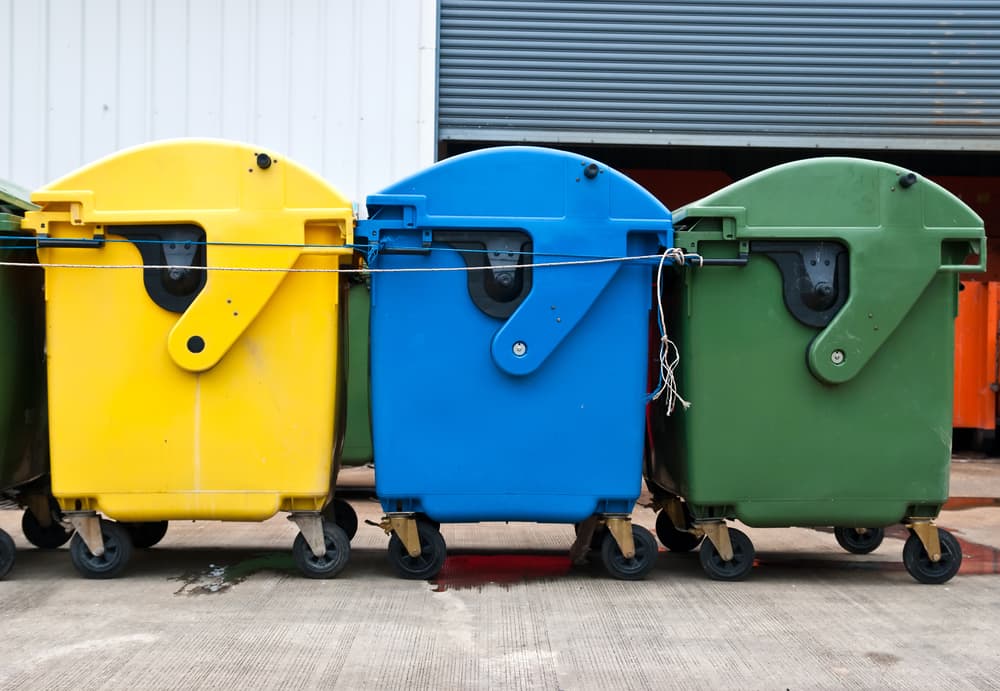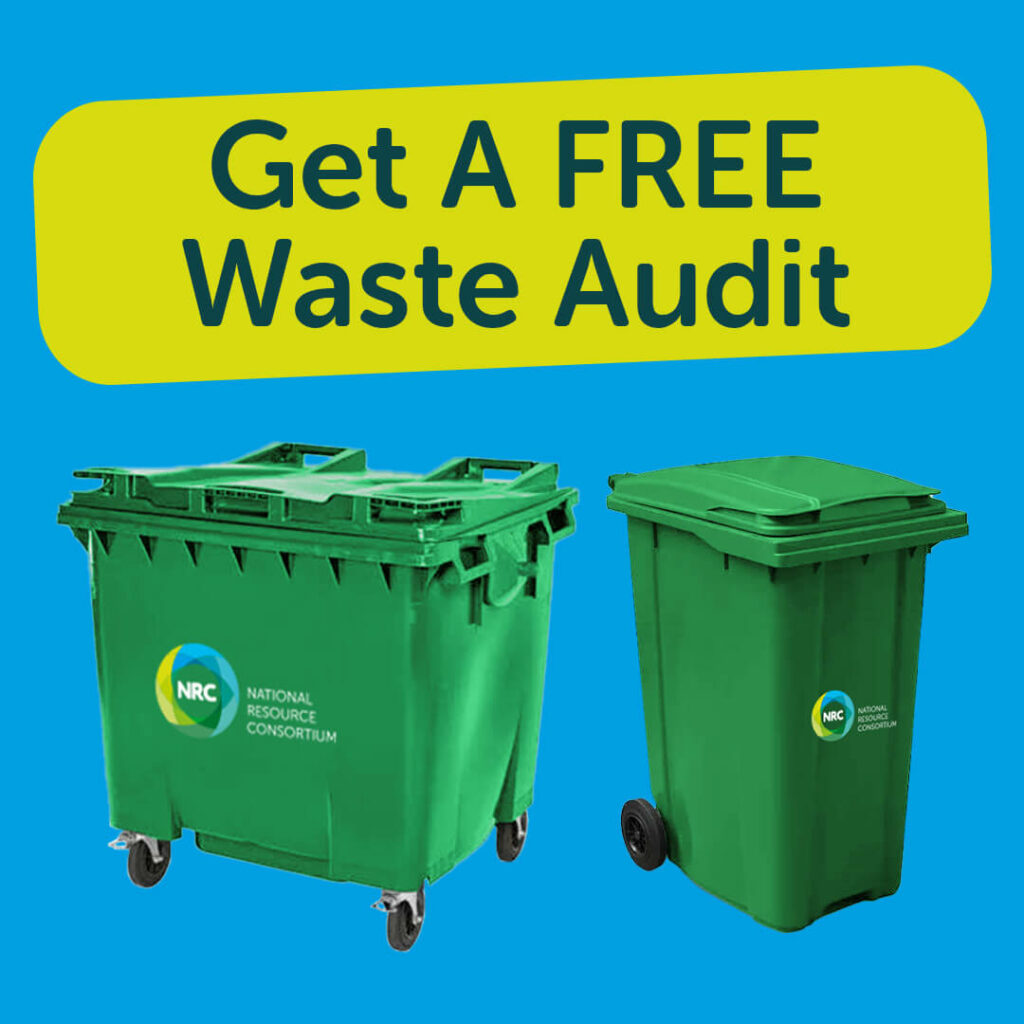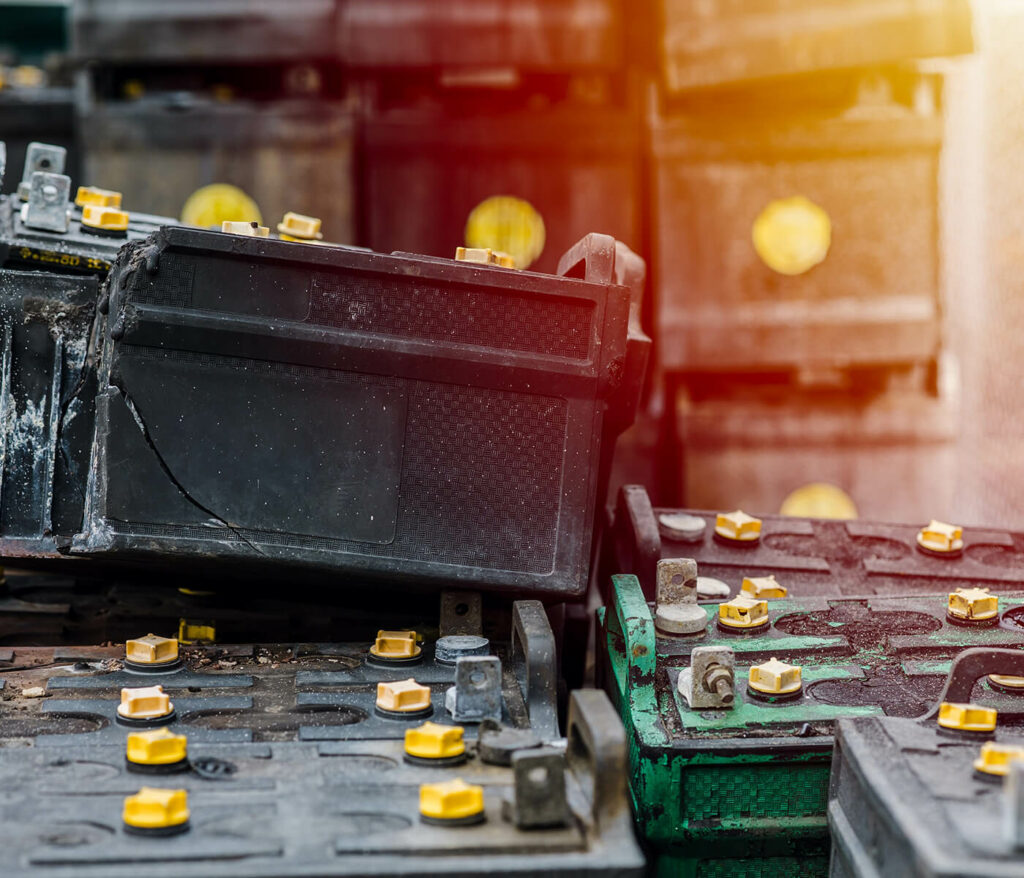May 9th, 2024

If you run a business then you’ll know that environmental responsibility isn’t just a buzzword. With sustainability making its way to centre stage, there are countless things business owners need to be aware of to keep their company green.
One part of this puzzle is POPs waste – Persistent Organic Pollutants.
But what is this? And how can your business make sure it’s handling them properly?
Well, you’ve come to the right place. At NRC, we’re experts in all things waste. Let’s get into it.
This guide covers:
- What is POPS Waste?
- Types of POPS Waste
- Hazardous Characteristics of POPS Waste
- Get help With Your POPs Waste
What is POPS Waste?
POPs waste is a group of stubborn chemicals, known for their durability in the environment and their unwelcome ability to accumulate in the food chain, presenting significant challenges for both public health and ecosystems.
POPs waste can be found in various everyday household items such as upholstered seating and other soft furnishings. These items often contain flame retardants, which are synthetic chemicals used to reduce the risk of fire. When these items become waste, they can release POPs into the environment, posing a threat to human health and our eco-systems.
Incineration and landfilling, especially in residential waste management systems, can result in the release of harmful chemicals, contaminating air, soil, and water. Managing and disposing of POPS waste requires specialized processes to minimize the risks associated with these hazardous substances.
Types of POPS Waste
POPs waste includes a variety of materials that contain harmful chemical substances. Some common examples include:
- Armchairs
- Sofas
- Office chairs
- Electrical devices and components
- Sofa beds
- Foot stools
- Bean bags
- Dining room chairs
Upholstered seating, like armchairs and sofas, often contain flame retardant chemicals that are persistent organic pollutants. These chemicals can be harmful to human health and the environment, especially when released during the disposal process or when the materials break down over time.
Electrical devices and components, such as circuit boards and electrical transformers, can also produce POPs waste. It is important to properly dispose of WEEE materials to prevent the release of harmful chemicals into the environment. This can be done through programs like bulky waste collection or recycling centers that specialize in handling hazardous waste.
Hazardous Characteristics of POPS Waste
The harmful chemicals found in POPs waste can last in the environment for a long time, leading to adverse effects on human health and the ecosystem. The release of these toxic chemicals can contaminate soil, water bodies, and air, impacting life on both land and water.
Furthermore, the accumulation of POPs in the food chain can pose serious threats to human health, as they have been linked to various diseases and disorders. It is very important to handle and dispose of POPS waste properly to prevent the release and spread of these hazardous substances and protect both the environment and public health.
Chemicals and Substances Found in POPS Waste
POPs waste is made up of synthetic chemicals that do not easily degrade. Examples of POPS found in waste include flame retardants, industrial chemicals, and synthetic pollutants commonly used in the production of everyday items such as furniture, electronics, and textiles.
These chemicals can bioaccumulate, meaning they accumulate in living things, including plants and animals, as they move up the food chain. As a result, the concentration of these toxic chemicals can increase to dangerous levels. When consumed, these substances can have severe health impacts on humans, including developmental disorders, reproductive issues, and even cancer.
POPs waste can even harm the environment, particularly water sources and wildlife. These pollutants have the potential to disrupt ecosystems and can negatively affect the reproductive and immune systems of animals that migrate. Additionally, the release of POPS into the environment can contaminate soils and water, leading to long-term pollution and posing a threat to crop production and disease control.
Get help With Your POPs Waste
If you’re unsure on the best way to handle your POPs waste, or you just want to check if the items you have fall under that category, give our team a call today on 0845 299 6292. With decades of expertise, nationwide coverage and a commitment to sustainability, you can always count on NRC for reliable and eco-friendly business waste solutions.





